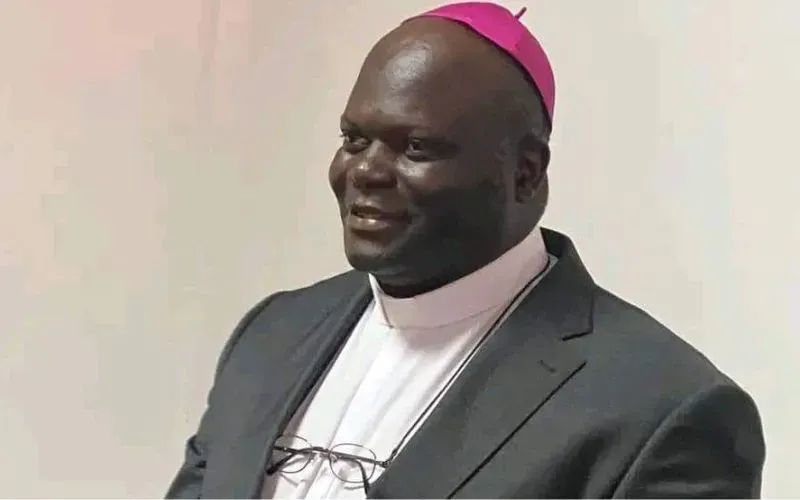São Tomé, 18 February, 2024 / 8:47 pm (ACI Africa).
The agreement between the Vatican and the Democratic Republic of São Tomé and Príncipe signed on 15 August 2022, and ratified on January 30 is an opportunity for dialogue and exercise of freedom, the Bishop-elect for the lone Episcopal See in the Central African island nation has said.
In a Wednesday, February 14 interview with Rádio Jubilar, Mons. João de Ceita Nazaré highlighted the benefits of the agreement that recognizes the Catholic Church and her ecclesiastical institutions as a “juridical personality” in São Tomé and Príncipe.
“I think it's really an instrument that will largely enable dialogue. It will establish dialogue between the Holy See and the São Toméan State, because it becomes a space for dialogue, a space for negotiation, a space to sit at the table, a space to walk together, a space of unity, respect, a space for growth, a space for freedom.,” Mons. Nazaré said.
The 50-year-old São Toméan Priest, who was appointed Bishop on January 9 added, “I was very pleased with the ratification of this document, because the Catholic Church, which will be present for 500 years in 2034, was not recognized by the São Toméan State as having legal personality.
“If we wanted to open an account, or do anything else, we couldn't because we didn't have this legal status,” the Bishop-elect, who previously appealed for prayers for the success of his Episcopal Ministry set to begin after his Consecration scheduled for March 17 said.








